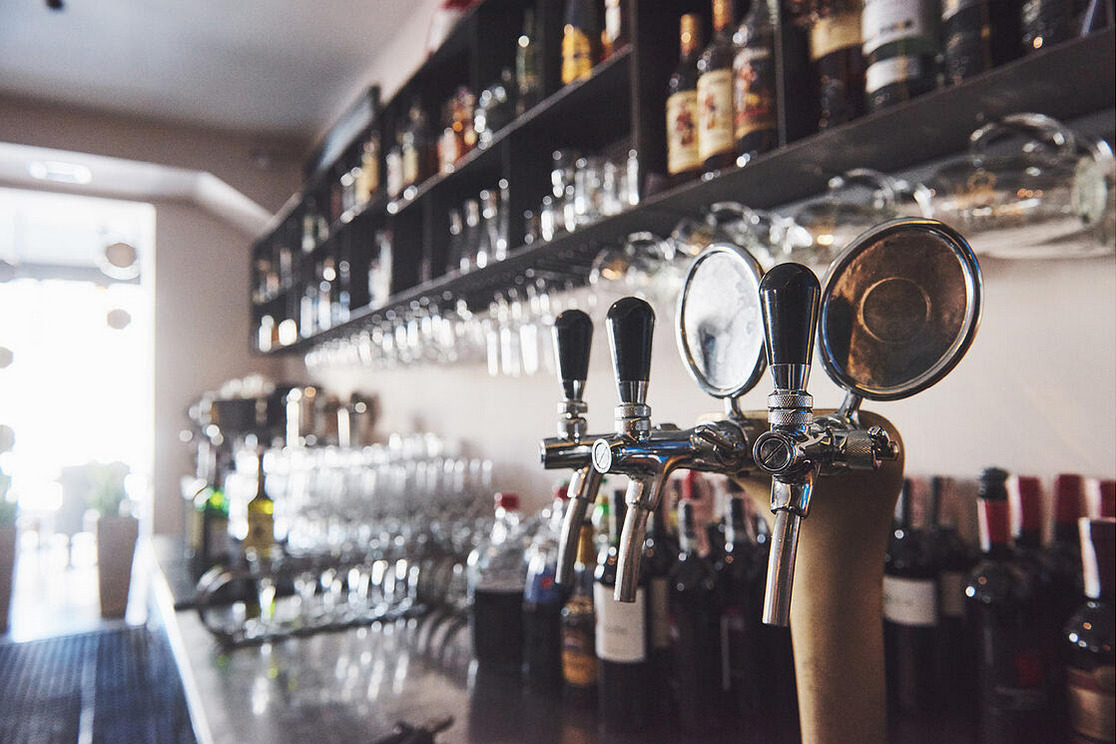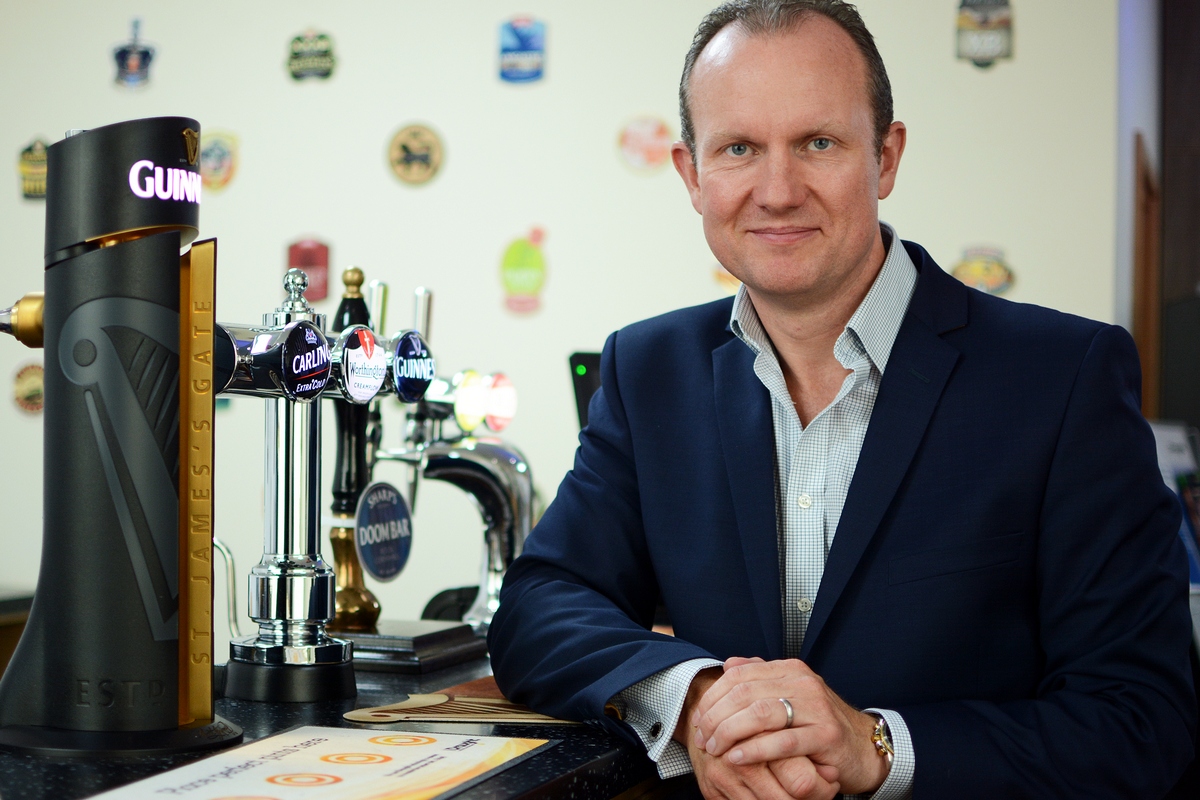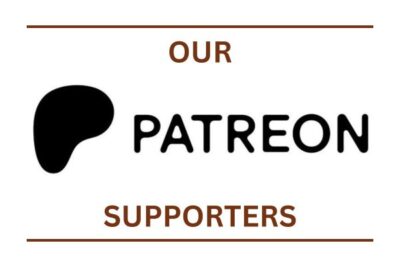A survey by the British Institute of Innkeeping (BII), of licensees running independent pubs across the UK, has revealed the continued fragility of the sector over the summer months.

Despite trading being positive for many, the impact of high costs in every area of their small, essential, community businesses has hampered profitability, with only one in four making a clear profit.
Just under one in two have broken even over the summer, with a further one in four making a loss, even in the traditionally bumper summer months.
Positive impacts from major sporting events have been countered by another lackluster summer, and high energy, staffing, and food and drink costs are still dramatically affecting their ability to thrive.
In addition to gathering information on the challenges they have faced over the summer, the trade body asked about the impact of last week’s leaked proposal to ban smoking in public places, including pub gardens.
While 7% of respondents said there would be little or no effect on them if the ban came into place, with some not having outside spaces to manage, the overwhelming majority were worried about its effect. A massive 62% said it would significantly impact their trade, and a further 20% said it would result in the closure of their pub.

Here’s BII chief executive Steve Alton’s (pictured) view on the survey.
The appetite of the public to visit our fantastic pubs has clearly returned to pre-pandemic levels for many of our members, but they continue to face a raft of cost challenges, having to boost trade significantly just to stand still.
Despite these challenges, many tenacious operators have managed to increase or maintain their trading revenue, by working hard to develop their offers to attract customers new and old to their pubs, also putting on events and festivals and fundraising for local causes, giving people many reasons to visit their pub.
There is a great love of the Great British pub, but few consumers know that their local carries a disproportionately larger tax burden than other small businesses, and in most cases than that of much larger companies.
£1 in every £3 they take over the bar goes back to The Treasury in tax, from the food and drink they sell, to the people they employ and the properties they occupy in their communities. This is all before they pay rent or mortgage payments, wages for their teams — or for themselves. A busy pub does not always equal a profitable one in this unfair landscape.
To avoid passing on unpalatable price rises to consumers facing their own cost of living crisis, in many cases, they have had to reduce opening times to save on energy and staffing costs, and even reduce their team sizes.
We recognise that the 75% relief on business rates for pubs in England has been a life-saver for many operators. It must be noted that one in four of our members are either in a rural area or are small businesses that don’t pay rates. With increases to the minimum wage of 40% since 2019, and high inflation in food, drinks, and energy, their margins have been continuously eroded, and with no support in real terms, they are now in a perilous position.
At a time when members are seeking reduced restrictions, legislation, and cost of doing business, it is unwelcome that the government is considering unnecessary restrictions such as banning smoking in pub gardens — our members have indicated for one in five this could lead to business failure, and for the vast majority there would be a significant impact to their business-critical trading levels.
With the right support and investment from government, they would have the certainty to themselves invest in the future of their businesses, providing growth and employment opportunities in every community.
The secretary of state has highlighted his support for small businesses, but we need government to work with the pub sector to truly rebalance the unfair tax burden we have faced for decades, as well as assurance that our members will not face further restrictions, regulations, and taxation.
Our members continue to place an overwhelming emphasis on the need for shortterm measures, with a reduction in VAT on all pub sales and a vital continuation of business rates relief until there is a full reform of the unfair and outdated rates system. We must also see parity in the relief for the devolved nations, and finally a significant cut to duty on all alcohol sales in pubs, that can benefit their bottom line directly.
With support and a level playing field, our vital, viable businesses can be at the heart of growth, opportunity, and social connection in every high street, town, and city across the UK.



